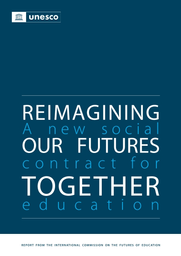- Subscribe
- Past Issues
- RSS
- Translate
- English
- العربية
- Afrikaans
- беларуская мова
- български
- català
- 中文(简体)
- 中文(繁體)
- Hrvatski
- Česky
- Dansk
- eesti keel
- Nederlands
- Suomi
- Français
- Deutsch
- Ελληνική
- हिन्दी
- Magyar
- Gaeilge
- Indonesia
- íslenska
- Italiano
- 日本語
- ភាសាខ្មែរ
- 한국어
- македонски јазик
- بهاس ملايو
- Malti
- Norsk
- Polski
- Português
- Português - Portugal
- Română
- Русский
- Español
- Kiswahili
- Svenska
- עברית
- Lietuvių
- latviešu
- slovenčina
- slovenščina
- српски
- தமிழ்
- ภาษาไทย
- Türkçe
- Filipino
- украї́нська
- Tiếng Việt
|



















